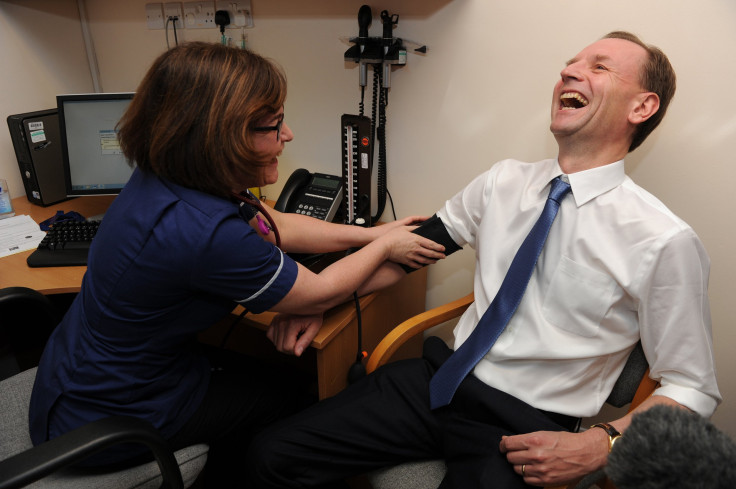National Nurses' Week 2014: A Brief History From Florence Nightingale To Modern Day Nursing

National Nurses’ Week starts on Tuesday, celebrating the health care professionals that have shaped the medical field for centuries.
Beginning as National Recognition Day for Nurses, National Nurses’ Week was established in 1993 by the American Nursing Association to recognize and celebrate nursing professionals. National Nurses' Week runs through May 12, which is the birthday of Florence Nightingale, the British woman considered the founder of modern nursing.
Before the advent of modern nursing, caregiver were trained primarily through oral traditions. Hospital care often fell to the responsibility of religious orders. But nun-staffed facilities dwindled in Protestant Europe after the Reformation in the 16th and 17th century, leaving a gap in knowledge, structure and training for almost two centuries.
It wasn’t until the mid-19th century that modern nursing began to emerge. After Nightingale’s fame for treating wounded soldiers in the Crimean War, the Nightingale fund was established to raise money for the training of nurses. With the donations, Nightingale established the Nightingale Training School, the first formal nursing training program, at St. Thomas’ Hospital in London, on July 9, 1860.
A year before the establishment of Nightingale’s training school, she published a book titled, “Notes on Nursing: What it is and What it is Not.”
While the book is not a comprehensive guide to the profession, Nightingale gave a number of recommendations that eventually were the basis for the curriculums of early nursing schools through the late 19th century.
At the turn of 20th century nursing continued to grow as a profession, with some countries, such as New Zealand, establishing the first regulations for nursing. Organizations such as the American Nursing Association were born during that time as well.
Following two world wars, nursing has continued to grow into the 21st century with educational and technological advances, which have led to a number of nursing specialties.
Nursing continues to be one of the most in-demand professions to this day.
© Copyright IBTimes 2025. All rights reserved.






















